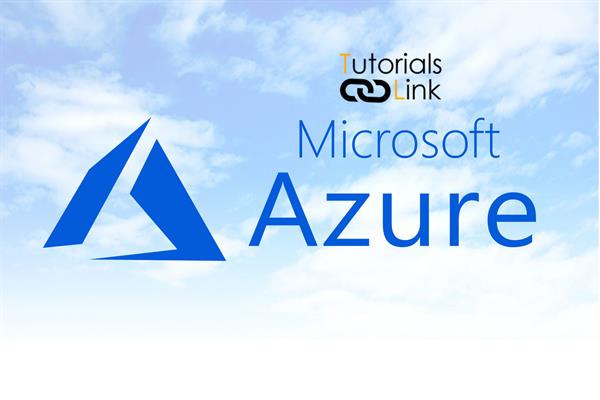Benefits of Azure cloud computing
Benefits of Azure cloud computing
Azure Cloud computing isn't an all-or-nothing service approach. Companies can prefer to use the cloud to store their data and execute logic the maximum amount, or as little, as necessary to satisfy their business requirements. Existing businesses might choose a gradual movement to save lots of money on infrastructure and administration costs (referred to as "lift and shift"), while a replacement company might start within the cloud.
Let's learn a number of the highest benefits of cloud computing.
It's cost-effective
Azure Cloud computing provides a pay-as-you-go or consumption-based pricing model.
This consumption-based model brings with it many benefits, including:
- No upfront infrastructure costs
- No got to purchase and manage the costly infrastructure that you simply might not use to its fullest
- the power to buy additional resources only they're needed
- the power to prevent paying for resources that are not any longer needed
This also allows for better cost prediction. Prices for individual resources and services are provided so you'll predict what proportion you'll spend during a given billing period supported your expected usage. you'll also perform analysis supported future growth using historical usage data tracked by your cloud provider.
It's scalable
You can increase or decrease the resources and services used to support the demand or workload at any given time. Azure Cloud computing supports both vertical and horizontal scaling counting on your needs.
Vertical scaling also referred to as "scaling up", is that the process of adding resources to extend the facility of an existing server. Some samples of vertical scaling are: adding more CPUs, or adding more memory.
Horizontal scaling also referred to as "scaling out", is that the process of adding more servers that function together unit. for instance, you've got quite one server processing incoming requests.
Scaling is often done manually or automatically supported specific triggers like CPU utilization or the number of requests and resources which will be allocated or de-allocated in minutes.
It's elastic
As your workload changes thanks to a spike or drops by demand, an Azure Cloud computer system can compensate by automatically adding or removing resources.
For example, imagine your website is featured during a news story, resulting in a spike in traffic overnight. Since the cloud is elastic, it automatically allocates more computing resources to handle the increased traffic. When the traffic begins to normalize, the cloud automatically de-allocates the extra resources to attenuate cost.
Another example is that if you're running an application employed by employees, you'll have the cloud automatically add resources for the height operating hours during which most of the people access the appliance, and take away the resources at the standard end of the day.
It's current
When you use the cloud, you are able to specialize in what matters: building and deploying applications. Cloud usage eliminates the burdens of maintaining software patches, hardware setup, upgrades, and other IT management tasks. All of this is often automatically finished to make sure you're using the newest and greatest tools to run your business.
Additionally, the pc hardware is maintained and upgraded by the cloud provider. for instance, if a disk fails, the disk is going to be replaced by the cloud provider. If a replacement hardware update becomes available, you do not need to undergo the method of replacing your hardware. The cloud provider will make sure that the hardware updates are made available to you automatically.
It's reliable
When you're running a business, you would like to be confident your data is usually getting to be there. Azure Cloud computing providers offer data backup, disaster recovery, and data replication services to form sure your data is usually safe. additionally, redundancy is usually built into cloud services architecture so if one component fails, a backup component takes its place. this is often mentioned as fault tolerance and it ensures that your customers aren't impacted when a disaster occurs.
It's global
Cloud providers have fully redundant data centers located in various regions everywhere in the world. this provides you an area presence on the brink of your customers to offer them the simplest reaction time possible regardless of where within the world they're.
You can replicate your services into multiple regions for redundancy and locality, or select a selected region to make sure you meet data residency and compliance laws for your customers.
It's secure
Think about how you secure your data center. you've got physical security – who can access the building, who can operate the server racks, and so on. you furthermore may have digital security – who can hook up with your systems and data over the network.
Cloud providers offer a broad set of policies, technologies, controls, and expert technical skills which will provide better security than most organizations can otherwise achieve. The result's strengthened security, which helps to guard data, apps, and infrastructure from potential threats.
When it involves physical security – threats to cloud infrastructure, cloud providers invest heavily in walls, cameras, gates, security personnel, and so on, to guard physical assets. They even have strict procedures in situ to make sure employees have access only to those resources that they have been authorized to manage.
Let us mention digital security. you would like only authorized users to be ready to log into virtual machines or storage systems running within the cloud. Cloud providers offer tools that assist you to mitigate security threats, and you want to use these tools to guard the resources you employ.





